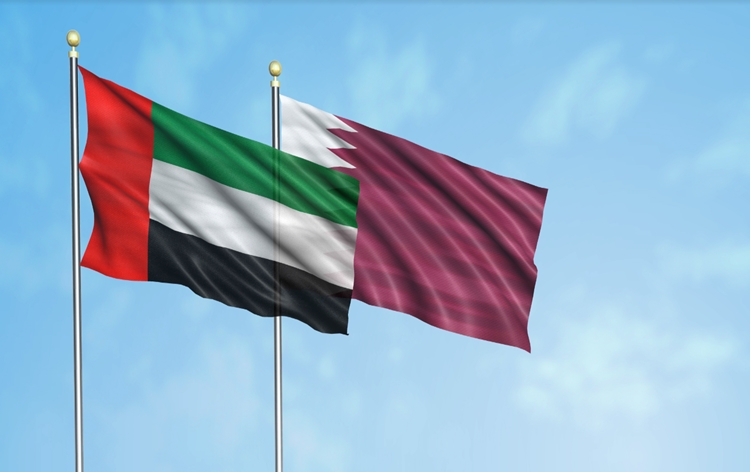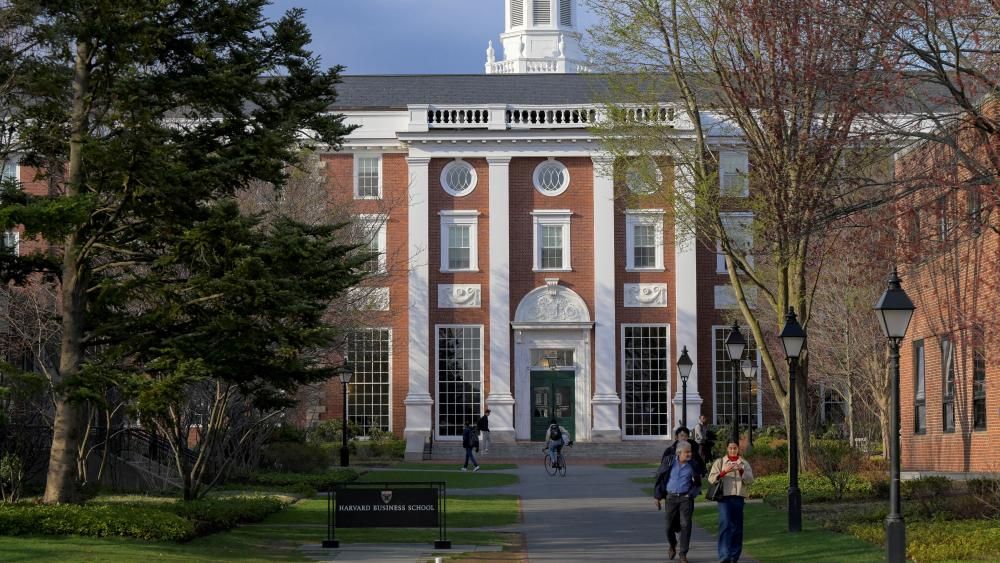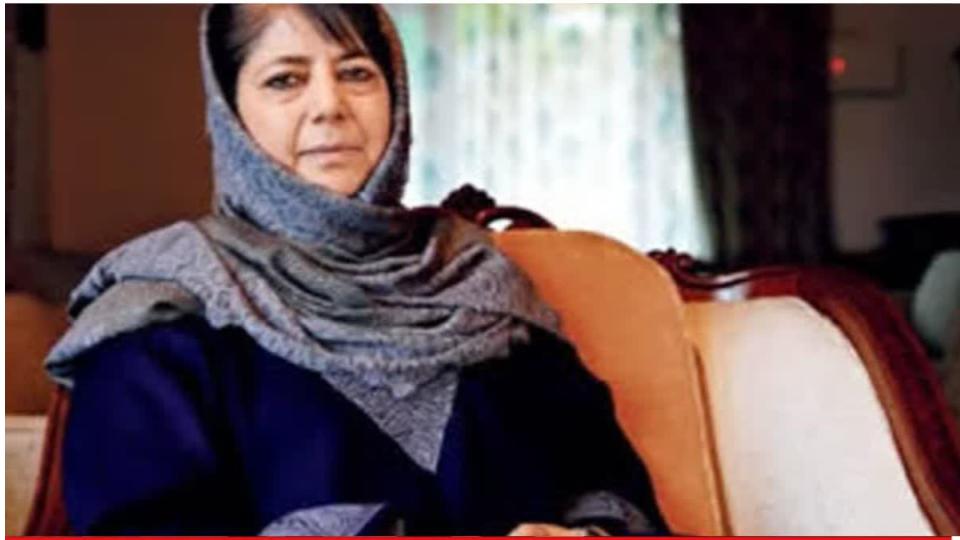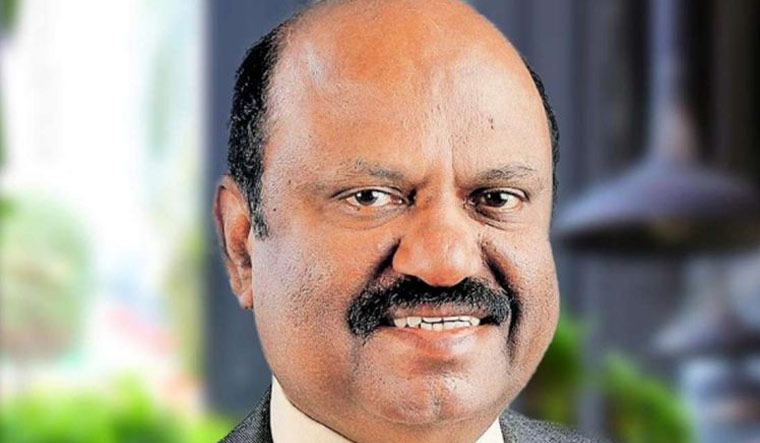UAE and Qatar Reopen Embassies to Restore Diplomatic Ties
Tue 20 Jun 2023, 10:19:10

The United Arab Emirates and Qatar have reopened their respective embassies in Abu Dhabi and Doha, respectively, as of Monday, June 19, 2023. This marks the restoration of diplomatic ties between the two countries, which had been severed in 2017.
The reopening of the embassies is based on the Al-Ula agreement, which was signed by the leaders of the GCC countries in January 2021. The agreement called for the end of the Gulf rift, which had been triggered by a number of factors, including Qatar's alleged support for terrorism.
The reopening of the embassies is a significant step in the normalization of relations between the UAE and Qatar. It is also a boost for the GCC, which has been seeking to overcome the divisions that have plagued the region in recent years.
In a statement, the UAE's Ministry of Foreign Affairs said that the reopening of the embassy "embodies the will of the leaderships of the two countries and in the consolidation of the joint Arab action to achieve the aspirations of the two brotherly people."
The Qatari Foreign Ministry also welcomed the
reopening of the embassy, saying that it "reflects the commitment of the two countries to strengthen their bilateral relations."
reopening of the embassy, saying that it "reflects the commitment of the two countries to strengthen their bilateral relations."
The reopening of the embassies is a positive development for the Gulf region. It is a sign that the GCC countries are committed to resolving their differences and working together to achieve common goals.The AlUla Declaration, which was signed on January 5, 2021, marked the conclusion of the Gulf Cooperation Council summit held in AlUla, Saudi Arabia. It resolved the dispute with Qatar and called for unity and the strengthening of relations among GCC countries.
The declaration called for the restoration of diplomatic relations and the reopening of borders and airspace between Qatar and the other GCC countries, and also sought to end economic and media blockades against Qatar, emphasizing unity and cooperation. Additionally, it proposed the establishment of a joint security committee to address terrorism concerns, strengthening cooperation in areas such as economic development, security, and culture was also emphasized.
No Comments For This Post, Be first to write a Comment.
Most viewed from International
Most viewed from World
AIMIM News
Latest Urdu News
Most Viewed
May 26, 2020
Do you think Canada-India relations will improve under New PM Mark Carney?
Latest Videos View All
Like Us
Home
About Us
Advertise With Us
All Polls
Epaper Archives
Privacy Policy
Contact Us
Download Etemaad App
© 2025 Etemaad Daily News, All Rights Reserved.

.jpg)






.jpg)
.jpg)


.jpg)
.jpg)
.jpg)
.jpg)
.jpg)
.jpg)
























